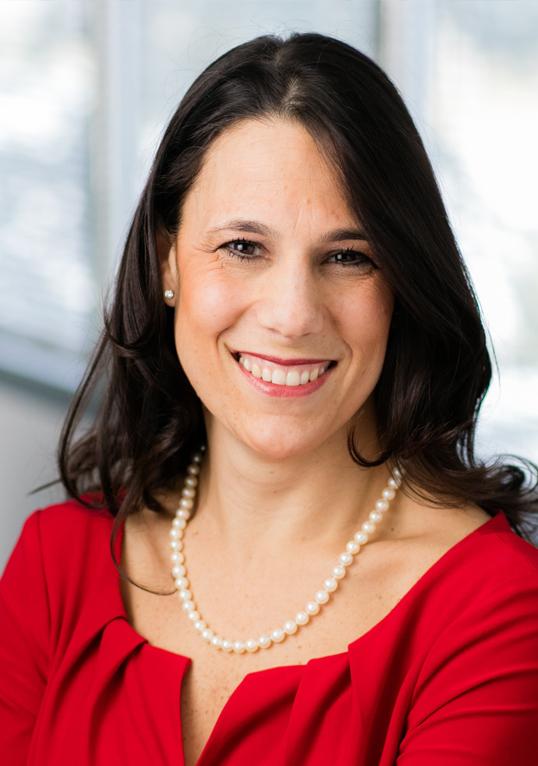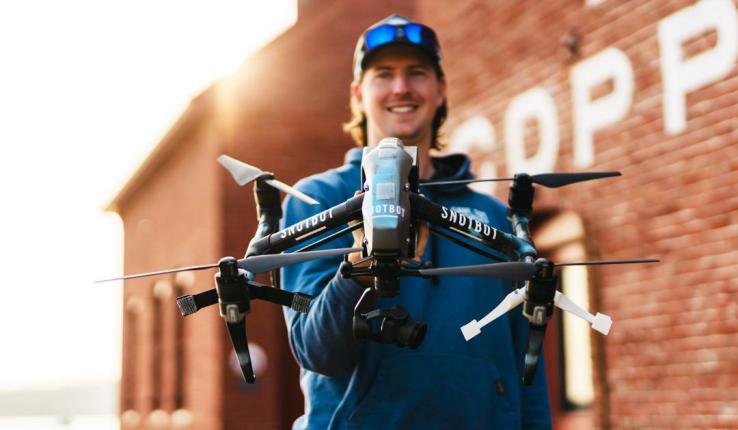It’s important to identify early on what you’re good at, where you excel, as that will help you achieve success more quickly. While we like to say follow your passion, it’s really about following your natural ability.
People who use their strengths are six times more likely to be engaged in their jobs, according to Gallup. When you’re engaged in what you do, you’re more likely to be good at it and productive.
There’s a wonderful assessment out there, [Gallup’s] CliftonStrengths Assessment. When you complete it, a custom report is generated identifying your “themes” or “strengths”—either your top five or all 34. Once you understand what they are, the next step is to claim them.
It’s kind of like falling in love. Which of my themes do I really connect with? Which ones resonate with me? “Claiming it” is saying, This is who I am. Iʼm excited about it. I understand how people see me.
Then, what do I do with them? How do I leverage them? As a coach, Iʼm trying to get you to move from being unconsciously competent to consciously competent. It’s about being clear on how you perform so that you can replicate the behaviors that lead to success.
In order to utilize your strengths, you have to know what you are working toward, which is why I am a huge advocate of setting goals. Not all goals are quantitative. Perhaps one of your goals is to work more effectively. Okay, great. What am I doing that’s not effective, and how can I be more effective?
By leveraging your strengths, you’re making yourself more effective or productive. I’ve been asked: Are certain strengths better for certain roles? The answer is “no.” … There are themes that align better to some areas of expertise, sure.
I have the strength of communication. Does that make it easier for me to facilitate presentations? Absolutely. But I could also be a teacher, a writer, a politician. There are so many things that you can do. The key is to figure out what you’re naturally good at and build on that. You will be more effective and more engaged.
A self-described “wonder woman of strengths,” Heather Kay started Ready, Aim → Impact after a 25-year-plus career in human resources. She studied government and religious studies at Lehigh.






